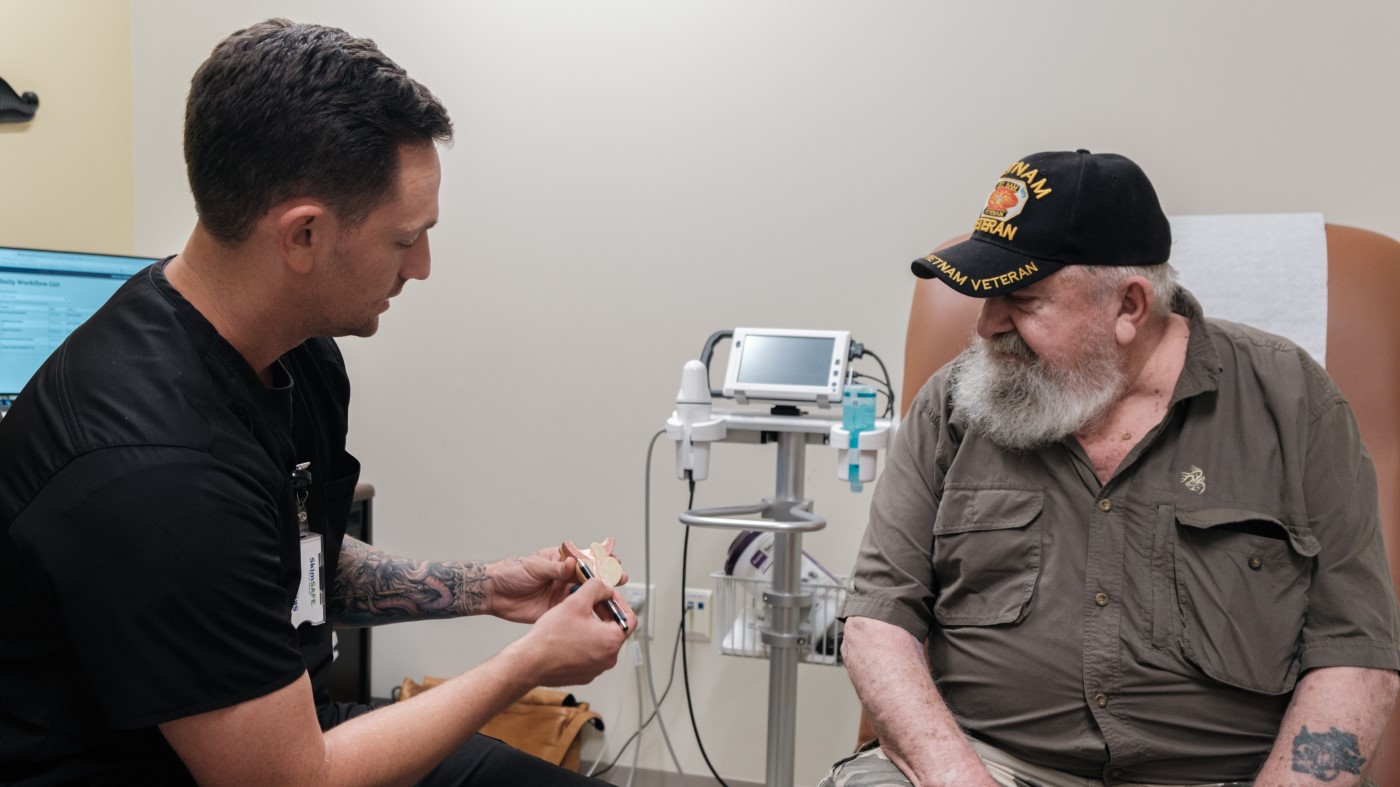I remember when I was a young soldier, my boss told me to write 4 words on a card and put it in my pocket. Those words were designed to help me listen, rather than speak. The card became a major resource for my communication skills and aided me in advancing and learning more than I would ever have otherwise. I learned what people wanted; I learned how others thought of themselves and of me. I even learned how my parents struggled as children and some of the trials they endured while being young parents.
Learning to listen is vital to a job search. If you do not listen to what an employer needs before telling them what you can do, you miss a chance to address their needs. In order to be hired for an open position, you must meet an employer’s need. We can apply over and over again, but if an employer does not have a need to fit our skills, then we will not be successful. On the other hand, you can listen to identify a need for not already known skills and open an employer’s mind enough to create an opening that you can fill.
Beyond the job search, listening is a career-long skill. The 4 Words I put in my pocket all those years ago taught me how to advance in my career. I learned what was important, and what was not. I also learned what to avoid, by reviewing others’ experiences and lessons. It was almost magical the impact that 4 little words made on my life.
What are those 4 words you ask? They may be different for you, they may be the same. But they must be words that you will never forget in extreme situations or great opportunities. Mine are….”Shut the hell up!”
“When people talk, listen completely. Most people never listen.”
― Ernest Hemingway
“Most people do not listen with the intent to understand; they listen with the intent to reply.”
― Stephen R. Covey
Topics in this story
More Stories
As a chief of staff, you’ll have many important responsibilities, but also an opportunity to make positive change for our team and the Veterans we serve.
As a geriatrics specialist at VA, your work will have a huge impact on Veterans as they come to rely on VA’s care as they grow older.
Discerning fact from fiction when it comes to VA applications can be a challenge. We’re here to help.







